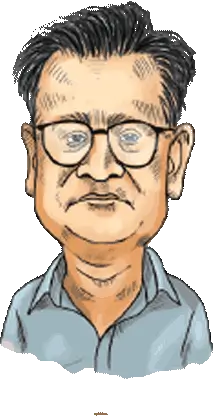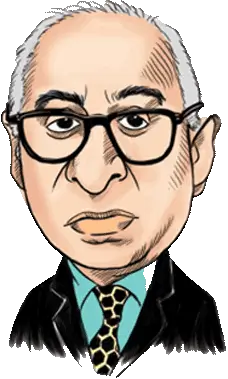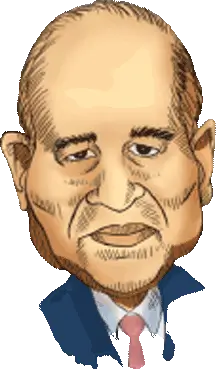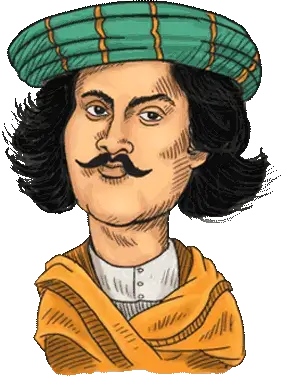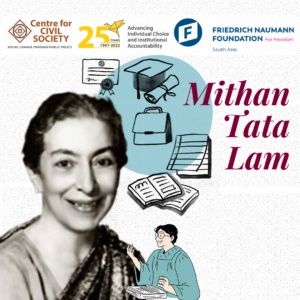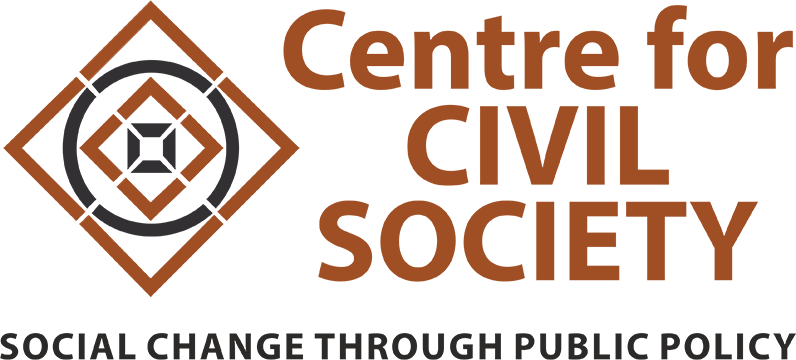
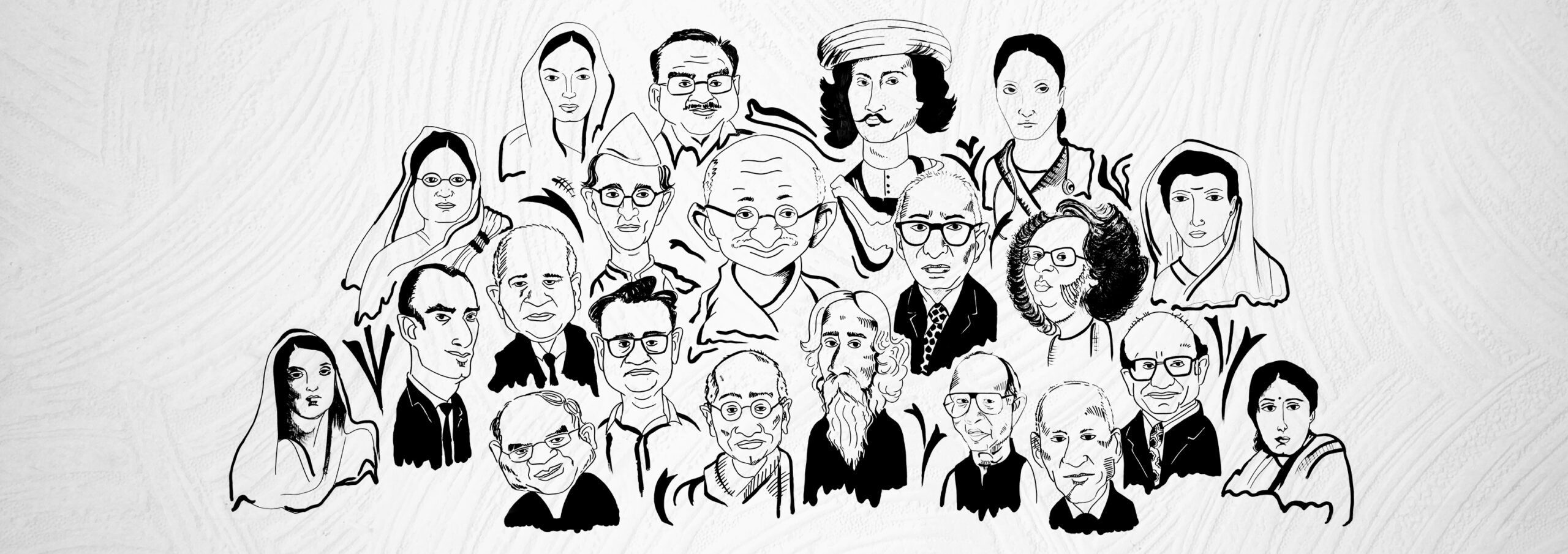
“
“If civilization is to be bound up with material advancement, we must accept its inevitable consequence, loss of freedom in enact proportion to the forward march”
- C. Rajagopalachari


“If civilization is to be bound up with material advancement, we must accept its inevitable consequence, loss of freedom in enact proportion to the forward march”
- C. Rajagopalachari

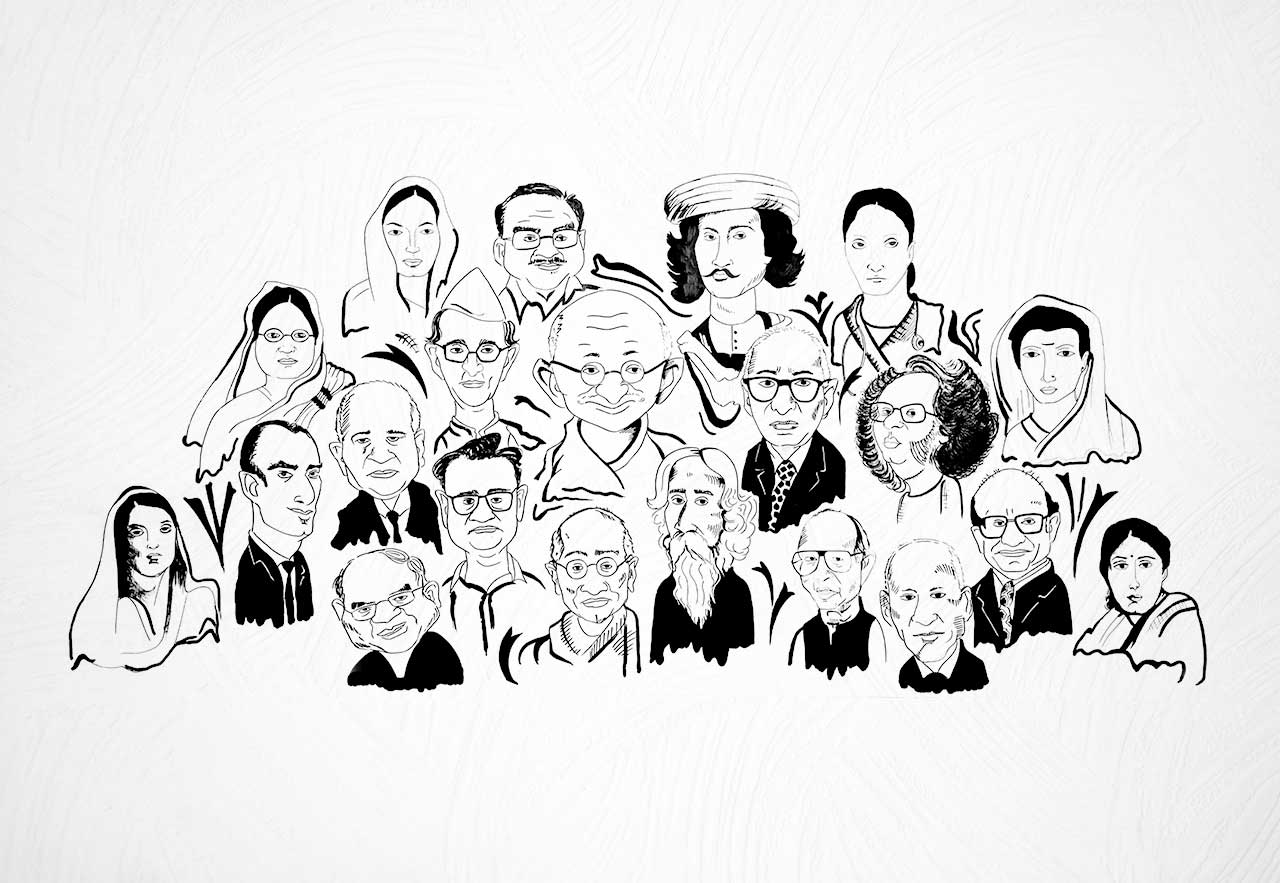
INDIAN LIBERALS
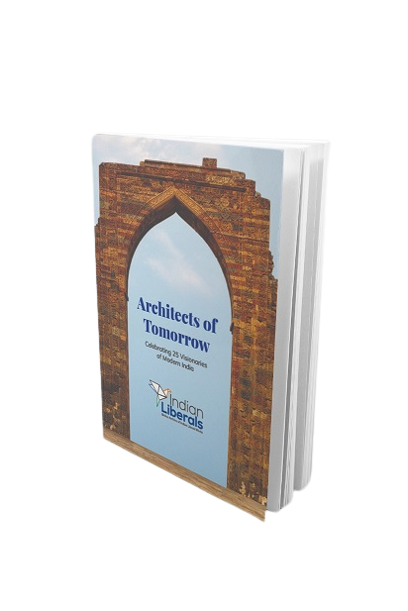
Architects of Tomorrow: Celebrating 25 Visionaries of Modern India
“Many ideas grow better when transplanted into another mind than the one that they sprung up.” Oliver Wendell Holmes
Many men and women have often been lost in India’s contemporary history for taking a stand on social, political, and economic issues around them. So, while there are written documents lost in time, this is a humble effort to celebrate the ideas and voices of some of these unknown Indian Liberals of their time.
Architects of Tomorrow is a collective repository celebrating 25 such Liberals who paved the way for lasting change through their progressive ideologies and advocacy for individual rights, democratic values, and inclusive governance. Their collective pursuit is a testament to the harmonious convergence of ideas transcending social and economic barriers.
Latest Opinion
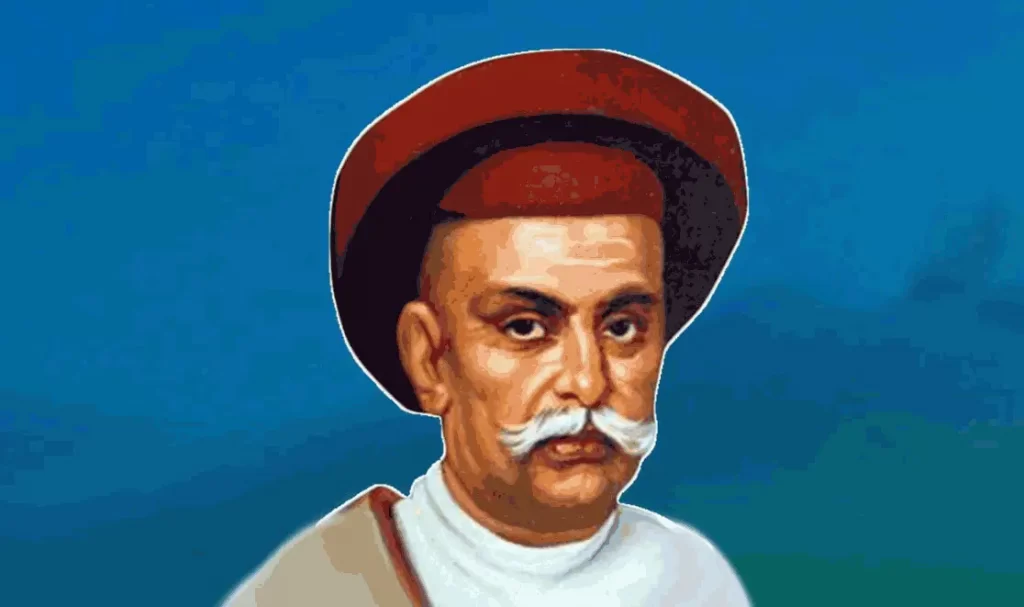
M. G. Ranade on wealth creation
The genius of Ranade lies in the fact that he used data to substantiate his economic arguments. He used ballpark
- Editorial Team
- Opinions and Events
- August 25, 2021
CONTENT
| Opinions & Events
Mithan Tata Lam- An Indian Lawyer &
An Indian suffragist, Mithan Tata Lam was a successful lawyer and humanitarian worker....
| Explainers & Interviews
from the Champion of Liberal Philosphy!
from the Champion of Liberal Philosphy!
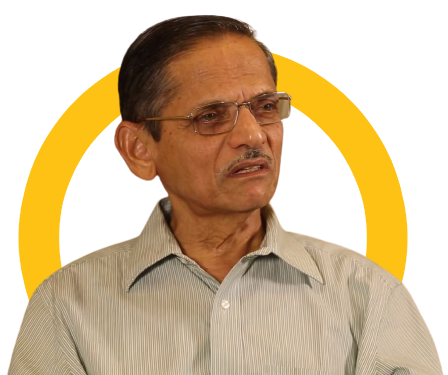
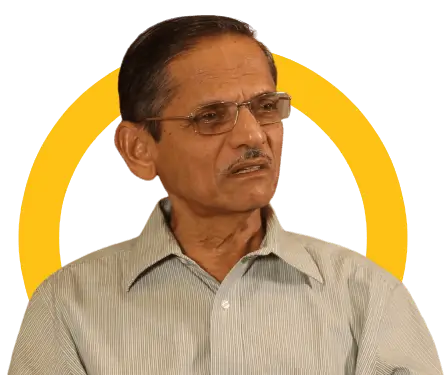
“My heartiest congratulations to your team for this wonderful work. With this you have given permanency to the views, thoughts and philosophy of India’s great liberal minds of our post-independence period – of course, many of them were active even during the independence struggle. This website is very well thought out and well designed. It will help in strengthening the liberal philosophy and ideas and go a long way in enriching India’s democratic institutions. I am sure through its blog it will generate relevant healthy debate which will support the process of liberal policy making not only in our country, but in other parts of the world.”
LATE SUNIL BHANDARE
Advisor, Economic and Government Policy, Tata Strategic Management Group
from the Champion of Liberal Philosphy!
from the Champion of Liberal Philosphy!


“India has suffered from so many imported ideologies that failed elsewhere. They failed India, too, but too few intellectuals understood that there is a deeply rooted tradition of liberty in India, the same philosophy that has brought prosperity, freedom, and peace to the world. IndianaLiberals.in brings that great tradition to the public it deserves. As India shakes off decades of statist stagnation Indians are prospering, gaining global respect as entrepreneurs, scientists, mathematicians, artists, and creators, and embracing their own tradition: liberty, rule of law, free exchange, and dignity. I have benefited from exploring the great tradition of Indian liberalism that was for so long only available to a small number of librarians and curators. This project will enrich India and the world.”…
DR TOM G PALMER
Senior Fellow at CATO Institute and Vice President at the Atlas Network
from the Champion of Liberal Philosphy!
from the Champion of Liberal Philosphy!


“All Indians can be proud of the achievements of a batch of brilliant intellectuals that spoke out in the name of individual liberty & human dignity. And they did so against overwhelming odds and isolation. Whereas Statism seems part of the Indian political DNA, their fresh thinking was a breath of fresh air in a political milieu riven with collectivist instincts. One great surprise was the listing of “The Indian Libertarian”, a publication that was unknown to me as it must have been to many others! The hearty efforts of these brave souls provide evidence that the cause for individual liberty & human dignity is not lost. Indeed, now is the time to take up their cause so that all Indians can learn to know the benefits of Peace, Love, Trade & Liberty! Kudos to the Centre for Civil Society for their sterling efforts in bringing this wonderful project to fruition.”
CHRISTOPHER LINGLE
Visiting professor of Economics , Universidad Francisco Marraquin, Guatemala
from the Champion of Liberal Philosphy!
from the Champion of Liberal Philosphy!
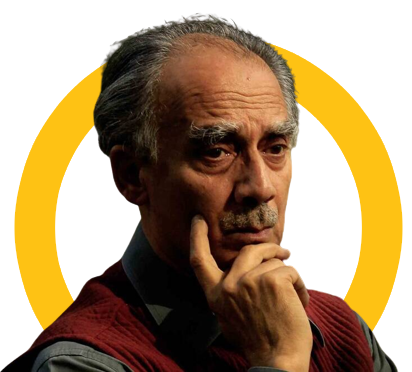
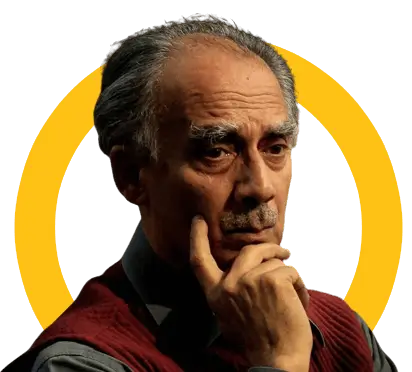
“The portal reminds us that there has been a tradition in India for a liberal polity. It is almost a civilisational principle and it is facilitated by the fact that we are such a rich and diverse country. It is also important that we start using alternate media for getting our message out and the idea of documenting this tradition is an excellent beginning.”
ARUN SHOURIE
Indian Journalist, Author and Politician
NEWSLETTER SIGNUP
ABOUT US
Liberalism is distinguished from other political philosophies by its focus on the primacy of the individual in all spheres of human life—political, economic, and social. Certain other principles stem from this—rule of law, limited government and free-markets. This meaning of liberalism, as outlined in this point, will be the first qualification that will determine what will feature in the archives. The purpose of the archives is to collect those materials first which is not easily accessible or readily available in the public domain. Therefore, the more prominent, contemporary liberals whose work is already easily accessible do not qualify, as of now, for inclusion in the archives. Their work will be the focus of the archives only when we have covered the inaccessible and old liberal works.

